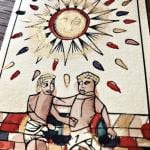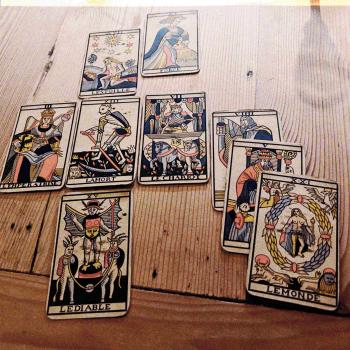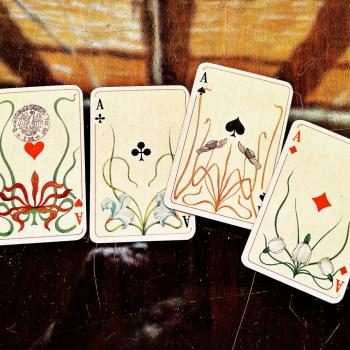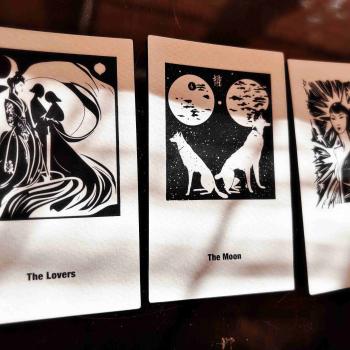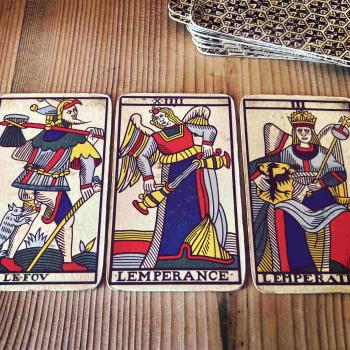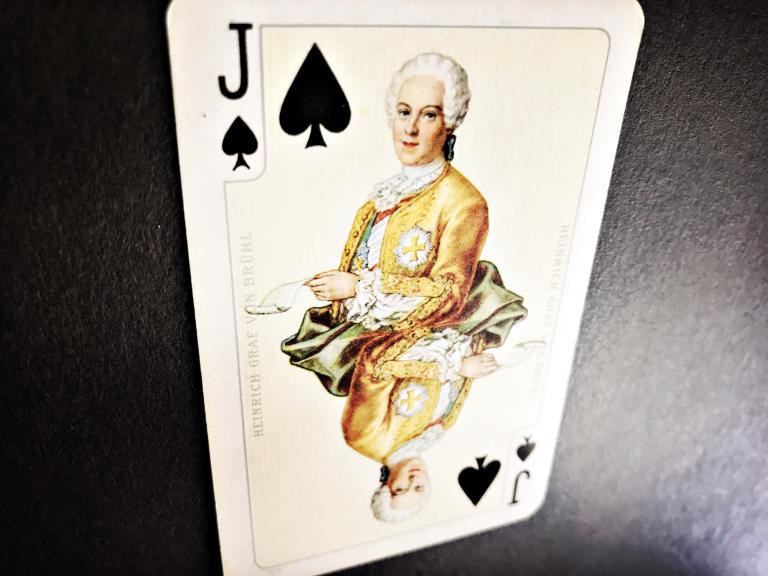
The pagan community is called pagan because, like any other community, it is invested in a set of beliefs. These may be common across the board in eclectic or conservative ways. But a belief is a belief. According to the dictionary, ‘a belief is an acceptance that a statement is true or that something exists; trust, faith, or confidence in someone or something’.
Today I was thinking about the belief in the transformative. It’s big.
Think of how much pagan and occult oriented folk like folklore and fairytales, fantastic tales and abracadabra. There’s a reason why we like these tales, because they’re marvelous, because they operate with the promise for transformation.
Here’s an example of such tales:
Yesterday I was Cinderella, today I can fit the glass slipper.
Yesterday I was the ugly duckling, today I’m the hottest chick in town.
Yesterday I was a carnivore, today I save the world.
Yesterday I was sweeping NASA’s floors, today my starship lands on Jupiter.
Yesterday I was cursed, today I control the djins.
Yesterday I was eating old food in my friend’s fridge, today I make 6-figures.
What these tales have in common is two things: 1) belief in transformation and 2) the promise that ‘you can also…’
The classical tale, ‘from rags to riches,’ is a fantastic tale, a magic tale.
As such, it doesn’t mean it’s not ‘true’, but this potential veracity doesn’t render the tale any less fantastic than it already is. There’s truth in fiction, and you can perform all sorts of magic, especially when your performance is not one of repeating others’ beliefs.
But the point I’m trying to make is that the transformative, if it exists, is always somewhere else than where you think it is.
The space between the rag and the rich is covered by an investment that’s not the result of maintaining grand enthusiasm for the proclamation that ‘you can also’, no matter how much you work for it.
The space between the rag and the rich is covered by emptiness, the space where ‘real’ magic occurs independently of your efforts, rituals, sacrifices, and devotion.
The transformative is big business, anchored stubbornly in the idea that you absolutely ‘need this’.
No, you don’t.
What you need is to relax about all names, read some cards, and have a good laugh.
Try for a day to not let your actions be informed by any belief whatsoever. It won’t be easy, but you can do it. I promise you you’ll feel liberated. I hope you believe me, cross my heart.
Tonight I’ll meet a new cohort for a new round of playing cards lessons. I’ll ask my students to read like the devil, while suspending their belief that I can deliver it.
I’m curious to see how it will go, and what transformative power that will have, the inverse of the promise that ‘you can also…’
As for you here, ask your cards, if transformation is still something that occupies your mind:
How can I live the magical life, when this living is not based on belief in anything whatsoever?
Let the premise for this question be one of curiosity, as in ‘can I perform magic without making recourse to a whole arsenal of other people’s ideas about what magic is and how it works?’
Here’s an example of what the cards might say to you. Completely random draw, as usual.
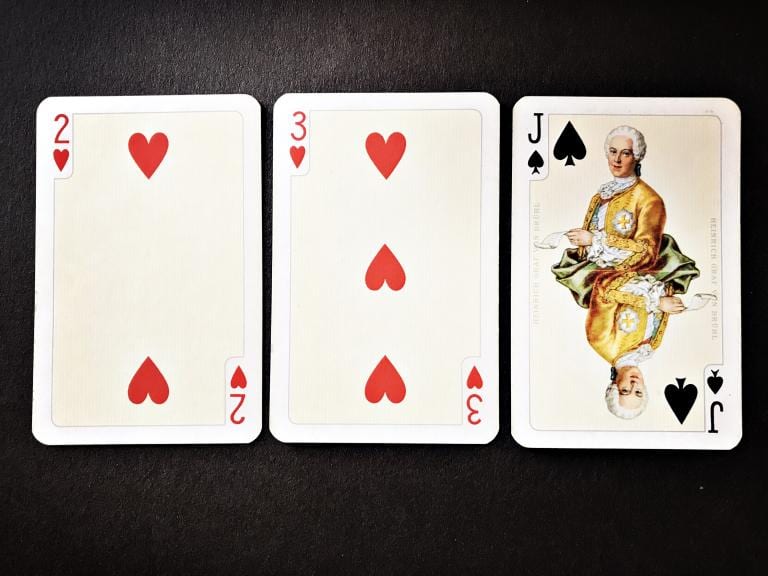
Love the cards. Look at that. If you know anything about the ‘meaning’ of the Jack of Spades, then you’ll know this: Apart from designating the tall, dark stranger, aka the Devil, or closer to home, the dashing young man ready to fuck you, but also only reluctantly – oh, the paradox of playing hard to get – you’ll know that the Jack of Spades here calls for total skepticism, aka, believe nothing.
Amen to that.
But that wasn’t what the question was all about. The question was about ‘how to…’
‘You can live the magical live that’s not based on any belief whatsoever, if you’re skeptical about how your emotional core, intensifying by one degree, going from 2 to 3, is not the thing itself.
‘What is an emotion?’, the cold Jack of Spades wants to know. ‘Is that something you fuck yourself over with?’
Pardon my language, but we’re not here with using the language of the senses, emotion, and enthusiasm, because the vague, yet full of promise, has a history of how cults are created.
What the Jack of Spades asks you to do is investigate into how you go from B to C, without even knowing where A is to begin with (we’re here with the progression 2 to 3 – wouldn’t it be magical if 1, the Ace was on the table as well? Damn, this story is missing that element….)
Never mind. You can live the magical life, if you let your heart transform into a spade. That’s it.
Now let me close with this Zen thought: Is there a difference between the heart and the spade, or are they the same?
♠
Stay tuned for cartomantic activities. Next course is Cards and Magic, beginning in April.



